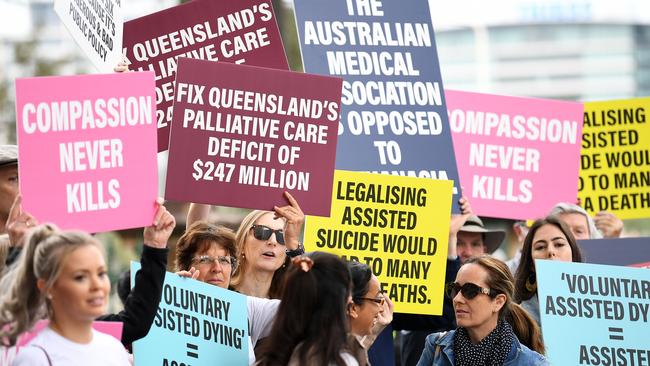
Making the announcement several months ago, former justice minister and attorney-general David Lametti said Canada wanted to ensure its health system was fully ready for the change – so the start date would be delayed a year, from 2023 to 2024. In Canada, that’s caution.
The minister affirmed the principles guiding the Canadian government were the essence of human rights – personal autonomy and freedom of choice. Almost nothing, it seems, can stop the march of these ideas.
The next widening is already foreshadowed. Canada plans to relax the age restriction – currently 18 years – at which people can lawfully terminate their life by extending this right to “mature minors”.
In recent years Dying with Dignity Canada has focused its campaign for widening eligibility in two areas – mental illness and so-called mature minors. It says people “at least 12 years of age” meet the maturity criteria.

A parliamentary committee has laid the groundwork. It is not known what age the politicians will settle on. But Dying with Dignity Canada points to polls showing 71 per cent of people want this relaxation of eligibility. Its website quotes Dr David Amies saying it is “illogical and cruel” to deny euthanasia on grounds of age.
Much has happened in the brief seven years since Canada’s federal parliament in September 2016 passed assisted dying laws after a contentious debate. Public sentiment has changed drastically since then.
In 2021 the laws were expanded and eligibility widened so people no longer needed a terminal condition to end their life. Under the next extension, mental illness will be enough.
The New York Times reported this year that through December 2021, a total of 31,664 Canadians have terminated their lives under assisted dying laws. In 2021 about 3.3 per cent of deaths that year occurred under the laws, which means about one in 30 Canadians dies under this regime of doctor-assisted termination. Obviously this percentage will keep rising as eligibility keeps widening.
The politics of euthanasia is tried and proved. It invokes one of the most persuasive pitches in the human rights orchestra – “I have the right to live and the right to die”.
This argument sweeps everything before it. Advocates ask: how fair is it to allow an 80-year-old with cancer to terminate their life but deny that right to a 16-year-old or a 14-year-old with the same condition?
Everything happening in Canada was predicted. Opponents of euthanasia laws warned at the outset once the fundamental threshold was crossed, expansions of these rights would become an irresistible human right.
Once politicians accepted people with a terminal illness had a right to end their life, how could this right be denied to others suffering a painful illness but not terminal? Or an illness that was mental not physical?
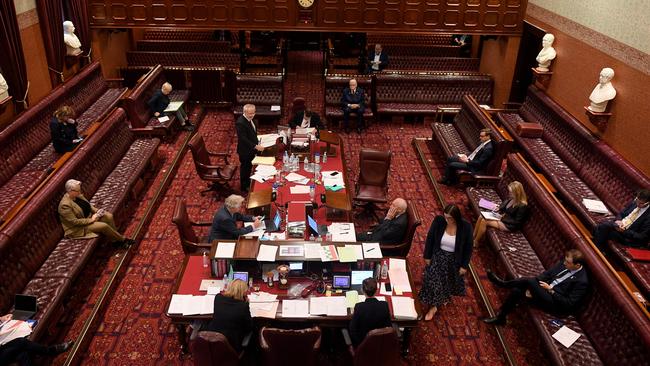
Imagine the complexity of authorising euthanasia for a person suffering from mental illness. That involves psychiatric, depression, personality issues where individuals are capable of changing their mind. Mental disorder lacks the biological basis that underpins physical illness.
The protests of disability advocates are unlikely to prevail. They say legalising assisted suicide for disabled people not terminally ill suggests that significant disability can be worse than death. The rapidity of Canada’s transformation reveals the collapse of any moral argument against the extension of euthanasia. In his brilliant June 2023 article in The Atlantic, Canadian-born American social commentator and journalist David Brooks invoked the president of the Quebec College of Physicians, saying assisted suicide “is not a political or moral or religious issue, it is a medical issue”.
Elites have led the way in this moral obliteration backed, it seems, by overwhelming public opinion. As Brooks said, once these trends are seen as a victory for personal autonomy they “are not tragic, there’re welcome”.
Indeed, they are celebrated as an act of self-expression. He describes how in 2022 Canadian fashion retailer La Maison Simons released a branding video hailing the death of a woman featuring lush images of her on “tourist-destination beaches” and portraying her death as “the most beautiful exit”.
How long before more corporates exploit the expression of the ultimate progressive freedom?
A new story is starting to unfold – the normalisation of euthanasia as an accepted, medical feature of the social order. The moral issue is fading away.
Once individual autonomy is elevated as the ultimate human right in political liberalism there is no effective resistance.
As Brooks described this conviction: “I am a piece of property that I own. Because I possess property rights to myself, I can dispose of my property as I see fit. My life is a project that I am creating.”
This is a post-Christian faith based on the worship of the individual. The only criteria are the feelings and rights of the individual. As Brooks said, to “live a life in which my pleasures, however I define them, exceed my pains”. Once this is the test, the goal is to deny an interfering state the power to stop a person terminating life when the pain exceeds the pleasure.
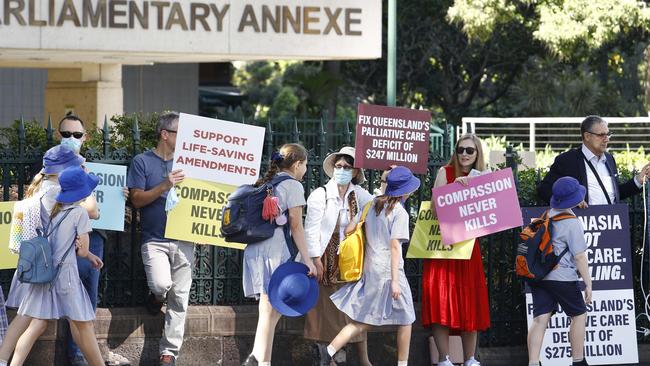
It is precisely because the core principle has been conceded that the arguments for the dividing line will sustain retreat after retreat in the years and decades ahead. The intellectual absurdities win almost no attention. Is Canada a vision of Australia’s future?
Western societies are engulfed in furious efforts to halt the escalation in suicides while encouraging assisted suicide. Yet we pretend there is no connection.
Brooks said: “A 2022 study in the Journal of Ethics in Mental Health found that in four jurisdictions – Switzerland, Luxembourg, The Netherlands and Belgium – where assisted dying is legal, ‘there have been very steep rises in suicide’ including both assisted and unassisted suicide.” Once you provide the incentive, people will sign up.
Canada is advancing down a path where if you feel your life is not worthwhile, there is a socially sanctioned option to terminate it and win the appreciation of others. It becomes an act of fulfilment.
Searching for a means to check the death march embedded in this brand of liberalism, Brooks makes a heroic attempt to elevate a gift-based liberalism ahead of a personal autonomy liberalism. The former, he argues, assumes the central purpose of life “is not the pursuit of individual happiness” but to see one’s life as part of the long procession of humanity, aware of the gifts given to the individual beginning with the gift of life itself, the point being “you didn’t create your own life” but have an obligation to live a worthwhile life.
Under this brand of liberalism “humanity is a higher value than choice” and “you don’t have the right to insult life itself”. A society that thinks human autonomy is the highest value is a society that has misunderstood the sound basis for human living and successful community.
The real essence of Brooks’s gifts-based liberalism is a liberalism conceived in life’s sacredness. That is what is being lost in the march of Western society, a march driven by convenience, indifference and misguided political ideas.
In Australia assurances will be forthcoming that our polity in coming years will not follow that of Canada. Really? Don’t remotely believe such remarks unless they repudiate personal autonomy liberalism.



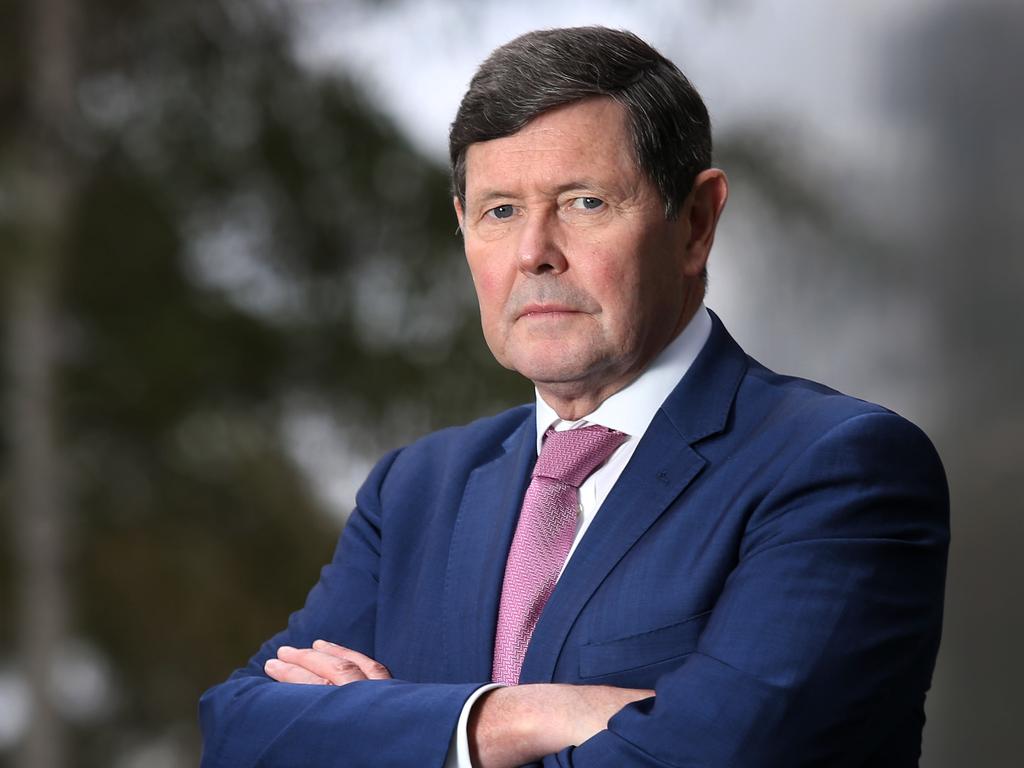
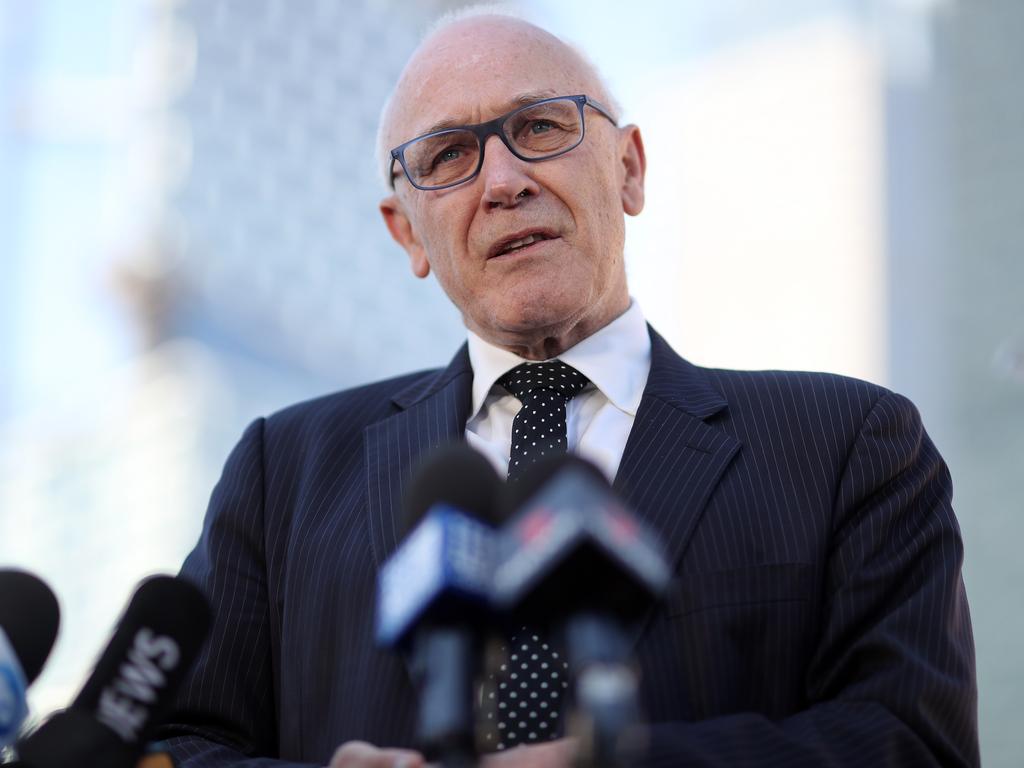
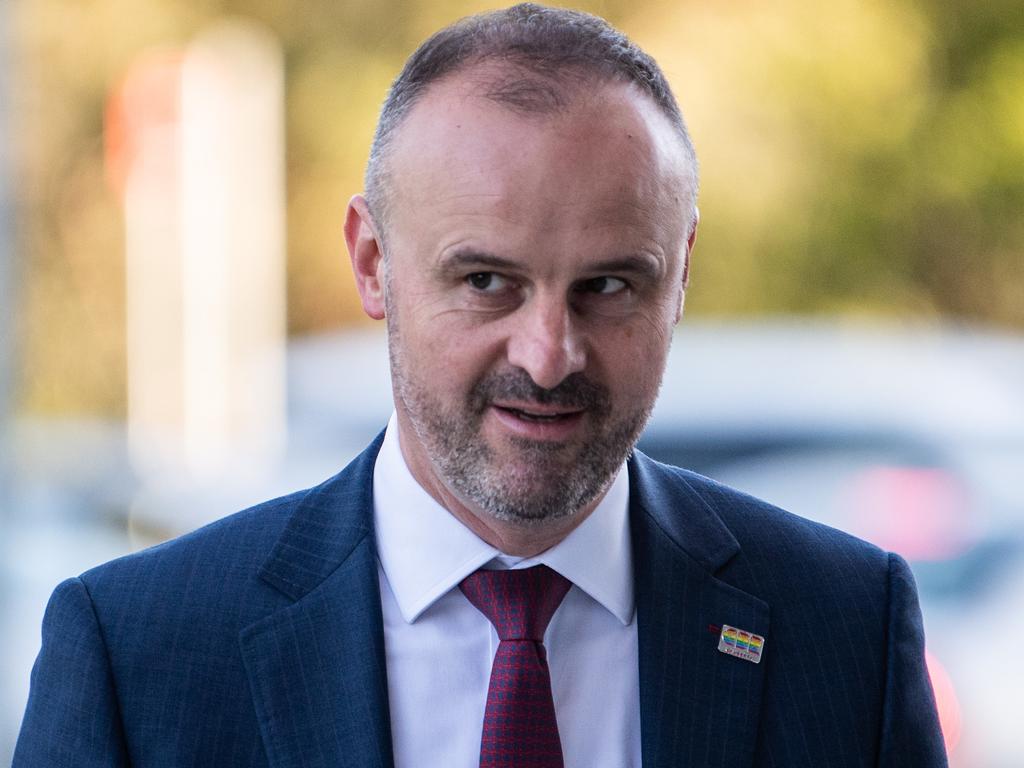


Canada is a compassionate, liberal society. Its parallels with Australia are striking but not always noticed. From March 17 next year, Canada’s liberalism takes another leap when its assisted dying laws are extended to include eligibility for people solely suffering from mental illness.